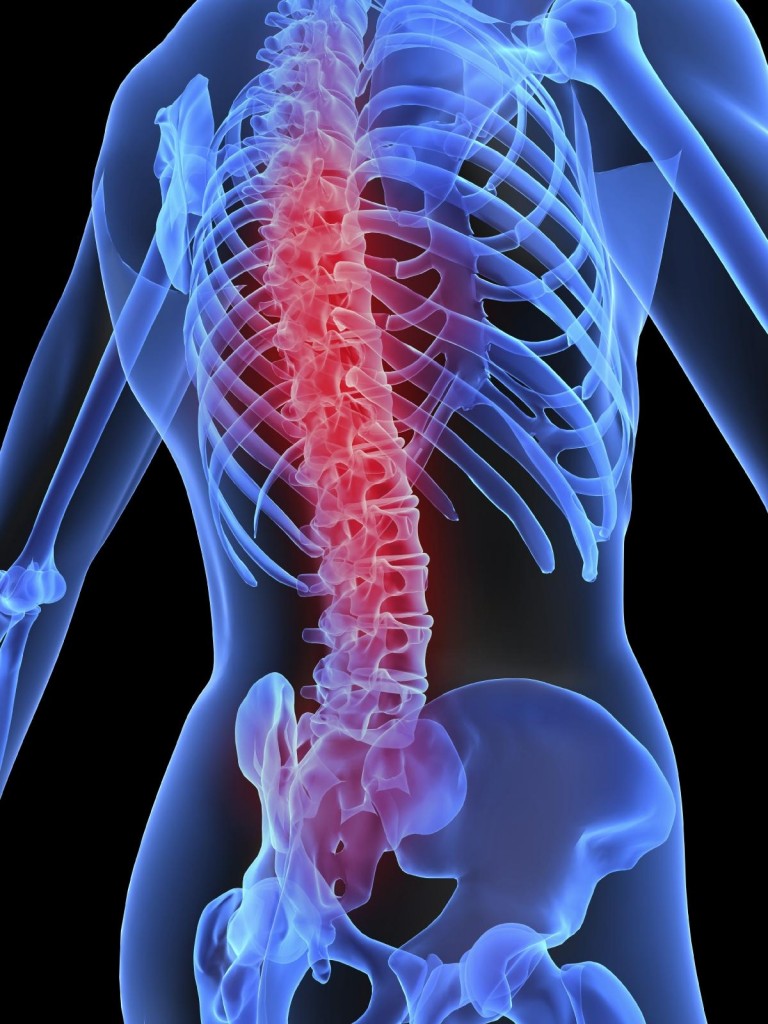
Multiple Sclerosis is a condition which affects mobility. There are a variety of different conditions which can affect the mobility of an individual. We’ve already covered arthritis and joint hypermobility previously on our blog. But there are so many that we believe it’s about time we covered another condition.
Multiple Sclerosis (MS) is one of the most debilitating conditions in the world, with more than 100,000 people in the UK alone suffering with this long term illness. But what do people with this condition have to go through? What does the condition do to the body?
Multiple Sclerosis – What Is MS?
MS is a particularly debilitating autoimmune disease, meaning that a person’s immune system attacks and destroys healthy cells and tissues within the body without a second thought. It is one of 80 conditions where this occurs. As you can imagine, it is incredibly painful for the sufferer, and can even be life threatening.

In particular, MS targets the central nervous system, including the brain and the spinal cord. This is why MS affects the mobility of the sufferer so badly. It is their own immune system which is essentially attacking the coating of their nerve fibres.
Symptoms of the condition are usually first experienced in the sufferer’s 20’s or 30’s. It is a chronic, long term illness which will be with you for the rest of your life.
What Are the Symptoms of MS?
There are a variety of different symptoms which indicate the presence of MS in an individual, but as with a lot of illnesses, symptoms can vary from case to case. However some symptoms are more common than others. These can include:
- Fatigue – a debilitating sense of physical and mental exhaustion
- Difficulty moving around – you may feel more clumsy, have limb tremors, or have balance and co-ordination issues
- Muscle stiffness and spasms –limiting your mobility
- Visual Problems such as blurred vision
- Concentration problems – you may experience some difficulty concentrating, learning or planning.
There are many more, but these are the symptoms which apply most to the mobility of the sufferer. Typically, a sufferer will experience only a few symptoms which may gradually get worse over time.
Are There Different Types?
MS has two separate routes that it can take – relapsing-remitting MS and primary progressive MS.

Eight out of 10 people who have MS will have the relapsing-remitting version of MS, where the sufferer will experience bouts of symptoms which is known as a relapse. These relapses tend to get worse over a period of time before calming down or disappearing altogether. This often leads to progression to secondary progressive MS where symptoms get worse without any indication of an attack.
Progressive MS sufferers will start off with a small set of symptoms which worsen over several years with more symptoms gradually appearing with no relapse period.
Multiple Sclerosis – Living With MS
As we’ve mentioned above, MS is a lifelong condition, and currently there is no cure for it at this time.
However, there are various different ways in which daily life can be adapted to make it much easier for a sufferer.

It is important to make sure that a person with MS is caring for themselves adequately, which means keeping fit to enhance physical and mental health and wellbeing, as well as asking for and accepting help and support from people around them. The more they care for themselves, the more independent they’ll be – and for longer!
A MS sufferer should also schedule themselves in for and attend regular checkups and reviews as requested by a doctor. Not only will this allow them to track the progress of their illness, but it gives them the opportunity to talk through any changes they may be experiencing – good or bad!
Aside from the usual eating healthily and exercising within a reasonable range of movement, there’s not much else to be done in the way of treatment. There is a page over on NHS Choices which details the treatment options that are available, but there are steps that can be taken which depend on the symptoms that you are experiencing.
No matter what condition you have, if you are experiencing mobility problems, don’t hesitate to get in touch with us here at UK Stairlifts and find out how we can help you feel safer moving around your own home.
Read our other condition spotlights:

